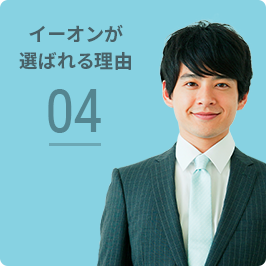2020.07.05
Tucker's blog-10 Curious English Phrases

いつもイーオン日立校ブログをご覧下さりありがとうございます!
日曜日はTucker先生ブログ☆彡
日本語訳は後日UPしますのでまずは英語でお楽しみください◎
Dear readers,
Today I'd like to talk about some interesting English phrases you might hear native speakers use. It's likely you'll encounter these while watching or reading native media.
#1: "Hang in there." This phrase was originally found on a motivational poster featuring a kitten hanging from a rope. In this case, "hang in there" is used to tell someone not to give up, and to keep trying. You may also encounter it as a response to "how are you," or "what's up," in the form of "I'm hanging in there." When used in this way, it more or less means "Not too bad."
#2: "Break a leg" is an idiom with unclear origins. The basic meaning is the same as "good luck," to encourage someone to do their best in a performance of some kind. Popular theories claim the phrase originated in theater productions. A common superstition in theater says that wishing an actor "good luck" will have the opposite effect. By this logic, wishing they "break a leg" becomes a wish for good luck.
#3: "Up my alley." The earliest usages of this phrase are from the 1930's, and use the term "alley" to refer to the street one lives on. The image is one of familiarity and comfort. So when something is "up one's alley" it means it suits them perfectly. I don't see this one used much in daily life but it comes up fairly often in TV shows and movies.
#4: "Under the weather." This idiom means "to feel ill, to feel unwell" and originates from sailors on large ships. When the weather turns bad and causes the boat to rock, they would sometimes experience seasickness. As a way to counteract this the sailors would retreat below deck, where the rocking was less noticeable. Because they went under the deck and away from the weather, the phrase "under the weather" was born.
#5: "Tell me about it" is a sarcastic response used when someone is telling you something you already know or agree with. The earliest recorded usage is a novel published in 1976. Since it is sarcasm, you are not literally asking the person to tell you about it. Rather, you are expressing sympathy and understanding through your shared experience.
Bonus: "Don't look a gift horse in the mouth." This proverb is quite old-fashioned, so you probably won't hear it very much. But it's still fairly common and has an interesting origin story! The basic meaning is to be grateful when you are given a gift; it's rude to imply you hoped for more by assessing its value. This is based on the fact that you can judge a horse's age by the state of its teeth. A younger horse is more valuable than one that is reaching retirement age. But next time you receive a horse as a gift, just be grateful and don't look at its mouth!
Thanks for reading! English is full of these kinds of idioms, phrases, and proverbs. If you've heard an interesting one, please let me know next time you see me in the lobby! Next time, I'll talk about my trip to Australia. Look forward to it!











